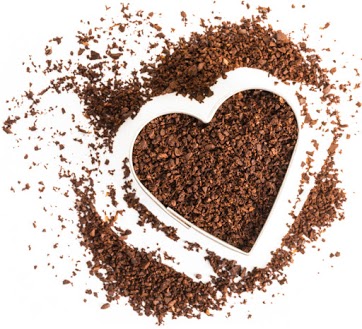Have you ever wondered, from a scientific perspective, what happens to your body when you drink coffee?
Perhaps you’ve read about all of the health benefits of coffee, largely due to the great things coffee is made of. But, what exactly is going on in the body? And, are there any negative things to watch out for?
Well, here’s a rough timeline of what happens when you start sipping that cup of joe:
10 minutes in:
Coffee hits your bloodstream. Your heart rate begins to rise. Your blood pressure also begins to rise.
20 minutes in:
You start to feel more alert and focused (anything before that is the placebo effect). If you were tired before, the caffeine starts to hit your adenosine receptors and begins to conquer that for you.
30 minutes in:
Adrenaline starts going through your system. This is the same chemical that preps you for physically and mentally strenuous tasks, and in much larger doses in life or death scenarios helps moms lift cars off of their children. The pupils become dilated, thus taking in more light, and allowing your brain to process things more clearly (your vision improves slightly).

40 minutes in:
Serotonin starts being created in larger quantities. Serotonin helps motor neurons and muscular strength. It is also thought that serotonin can affect everything from mood, to behavior, to memory, and even sexual desire.

4 hours in:
Your cells start releasing more energy, which helps either burn fat or keep fat from being created from excess energy. This happens even if you are not being active, though the effect can be amplified if you are.

6 hours in:
Coffee begins to have its mild diuretic effect. This means that it is pulling water and other vitamins and minerals from your body. It is unclear how big of an effect this has though, since the amount of water contained in coffee is more than what the diuretic elements of it take out.
Now you know what happens to your body when you drink coffee.
Aside from that, just be careful, because coffee is in your system for a long time, and if taken at the wrong times can stop or change chemicals that your body would normally need to produce.
Let us know what your coffee habits are, and when you mix them with cookies (both from our subscription box, of course).
Or, check us out on Facebook and Instagram.
And, here’s an infographic that helped inform us on the subject as well.






